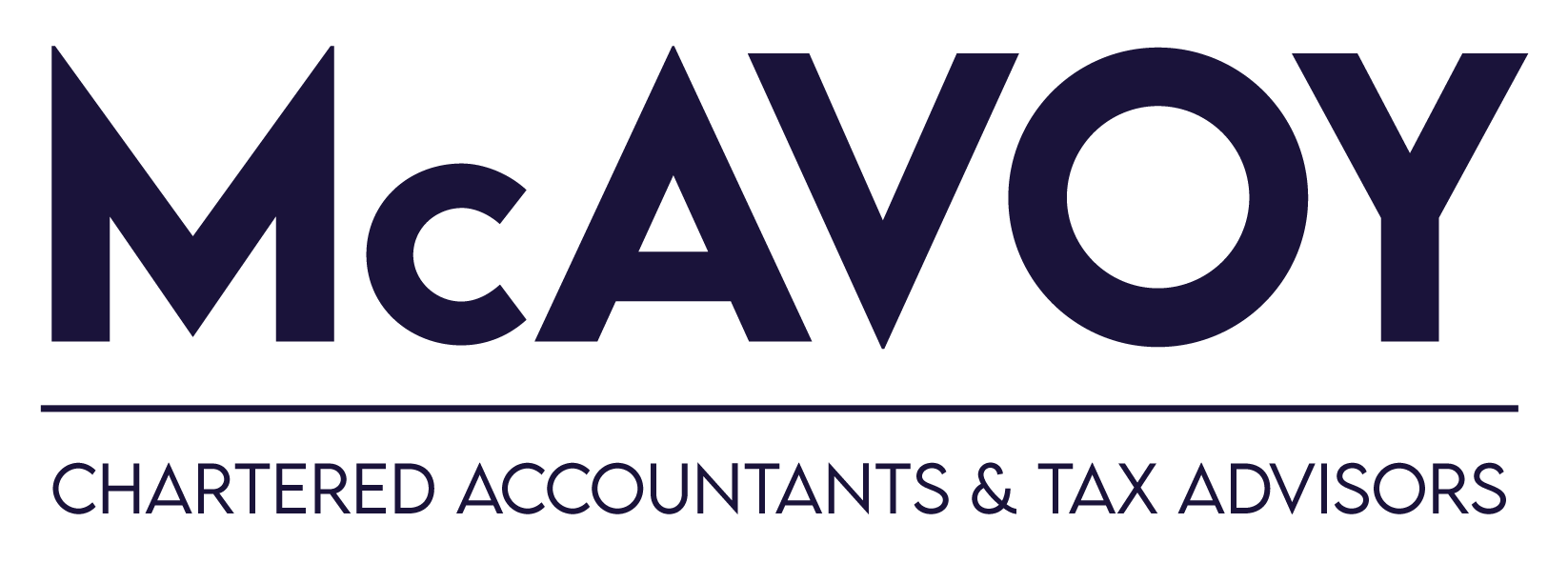Expense Claims
Employers don’t always realise that the payment of expenses to employees can involve a significant amount of tax risk. The reason is that while employees can be reimbursed for expenses incurred in performing their duties, Revenue require employers to meet specific criteria and, crucially, to retain evidence to support this.
Without these things an employer’s payment maybe challenged and treated as disguised remuneration on which income tax, PRSI and USC was due. Add interest and penalties to these costs and the full extent of an employer’s tax risk becomes apparent.
So how does an employer stay on the right side of the law?
The Rules for Travel Expenses
For an employee’s travelling expenses to be reimbursed free from PAYE, the employee must be ‘necessarily obliged’ to incur them in the performance of the duties of his/her employment.
Journeys to and from home to an employee’s normal place of work are not incurred in the performance of his/her duties and so are not reimbursable free of tax. Identifying an employee’s normal place of work is often a matter of dispute but generally Revenue will look to the place where an employee normally performs the duties of his/her employment.
In instances where an employee in the performance of his/her duties begins a journey directly from home to go to a temporary work location/site or returns directly to home after performing duties at a temporary work location/site, the distance allowable free of tax is the lesser of the journey between:
- Home and the temporary work location or
- The normal place of work and the temporary work location.
Reimbursement of Travelling Expenses
Employers generally reimburse employees in one of the following ways:
- A flat rate allowance per kilometre travelled: These payments are tax-free once they fall within the scale set for Civil Service Mileage Rates.
- Payment on foot of vouched receipts: Where an employer reimburses an employee on the basis of actual costs, the reimbursement will be tax-free provided that it falls within the Civil Service Scale,
- Any payment of a car allowance is taxable under PAYE, or
- Any payment of round sum expenses for travel is also taxable under PAYE.
The Rules for Subsistence Expenses
For expenses other than travelling expenses, a reimbursement will be free from tax if the expense was expended ‘wholly, exclusively, and necessarily’ in the performance of those duties. The inclusion of the terms “wholly” and “exclusively” increases the difficulty in meeting the requirements for subsistence costs since subsistence expenses always have a dual purpose.
Reimbursement of Subsistence Expenses
To avoid disputes with Revenue employers generally reimburse employees in one of the following ways:
- The payment of a flat rate allowance that depends on the length of time spent away from home while working in a temporary location. The reimbursement is provided free of tax as long as the amount paid falls within the Civil Service Subsistence Rates.
- Payment on foot of vouched receipts: If an employee is reimbursed by the employer on the basis of actual costs then, once these fall within the Civil Service Subsistence Scale, the reimbursement is tax free. The normal rate is increased for expenses incurred in Co. Dublin.
Evidential Requirements
Revenue require that the following records be kept in respect of every reimbursement for a period of 6 years after the end of the tax year to which the record relates:
- The name and address of the employee,
- The date of the journey,
- The reason for the journey,
- The distance involved,
- The starting point, destination and finishing point of the journey and
- The basis for the reimbursement of travel and subsistence expenses. If reimbursement is on the basis of being vouched for by receipts, these receipts must also be retained.
Non-Executive Directors
With effect from 01.01.2017 non-executive directors may also receive travel and subsistence expenses free from tax for expenses incurred when attending board meetings as long as the payments are within the rules and rates referred to above. Furthermore, if the non-executive director is Irish resident he/she must not receive emoluments from that company of more than €5,000 in order to receive expenses free from PAYE. A non-resident is not constrained by this requirement.
If you have questions on employment expenses or would like further information please contact us.
*This tax alert is written in general terms and should not be relied on as a comprehensive summary of the relevant tax law. Professional taxation advice should always be sought before any action is taken.










